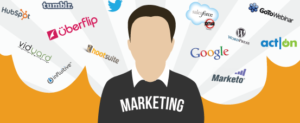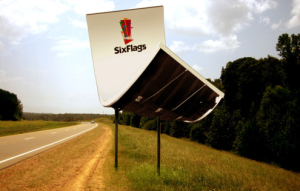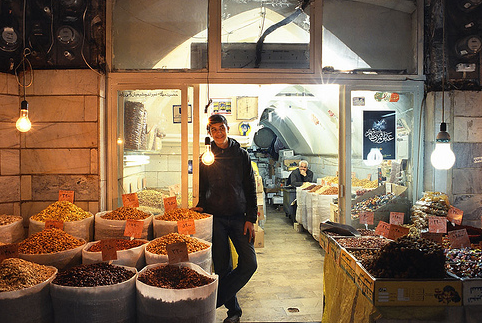Are you working on customer personalization strategies? A great way to build trust. And influence shoppers’ behavior.

We all like to be treated as individuals, and that is why personalized service builds loyalty.
Check out our thoughts on customer focus.
Personalization simply means presenting information to a consumer that acknowledges who he is. And acknowledges what his intentions are. Intentions to make his interaction more meaningful.
Too often we obsess about using digital techniques to DRAG customers to our website or social media accounts. But it’s so much easier to show up where they already have an established community — in real life or on the web — and just be a helpful, friendly human being in that environment.
With the advent of the Internet, the number of marketing options available to both budding and experienced entrepreneurs has become staggering.
Many online stores have a history of what you have purchased and even your visits. They may know where you live if you prefer expensive or low-priced items, and so forth.
They use that information to deliver targeted content and promotions. They are personalizing your experience and making it a more positive one.
Here is an example of a retailer that effectively uses personalization to create a better customer experience. Amazon.com knows enough about you from previous contacts, purchase history, and other sources to structure special offers. They make recommendations well suited to your tastes.
Amazon uses collaborative filtering to determine what music or books to recommend.
The rental-car industry is no stranger to frustrated customers. They differentiate themselves from the pack and provide more personalized service.
Hertz centrally stores all customer and payment data for the members of its #1 Gold Club program so that the clients don’t have to fill out repetitive forms every time they rent cars. In this way, Hertz encourages frequent travelers to base their rental car decisions not only on price but also on the ability to save valuable time.
Companies like Amazon, Hertz, and others that understand the value of loyalty, strive to identify customer needs. They also strive to present a customer experience that leaves them delighted, not just satisfied.
With varied tastes and preferences, the one-size-fits-all strategy is fading fast. This seems to be especially prevalent in the brick-and-mortar space. Retailers have quickly realized they must create personalized shopping experiences in order to effectively compete.
It is very clear to retailers that today’s consumers love personalization. A recent survey from MyBuys indicated that a record 40 percent of respondents said that they buy more from retailers who comprehensively personalize the shopping experience. This included all channels.
Additionally, shoppers love one-on-one personalization at the point of sale, as indicated by a Syngera survey. This survey revealed 3 in 4 respondents would rather receive personalized coupons than generic ones. It also revealed 62 percent would find the checkout process more enjoyable if they received personalized coupons based on their purchases.

Personalization on-the-go
Research has shown us that mobile has the potential to offer shoppers the most relevant and unique personalized shopping experience.
A recent study by Google indicates that 84 percent of smartphone shoppers use their devices to help them while they’re in a store.
In addition, 63 percent of smartphone shoppers use search engines to look for promotional offers. Finally, 44 percent of smartphone users indicated that using a mobile device saves them money. Pretty impressive, isn’t it?
Influence consumer behavior individualized pricing
Leading supermarket chain Safeway knows that no two shoppers are the same. Because of this, it now offers digital coupons and customized deals based on a customer’s buying history.
The retailer has also started personalizing pricing on products as a reward for brand loyalty. This is based on the data collected from the customer’s club card. This signals that price tags in the stores can be replaced with individualized pricing..
It also signals that information, offered through a website, Can be rung up at the checkout stand when the club card is swiped.

Areas to personalize
Personalize where ever you can. Even if you can’t invest in an e-commerce platform or development project to deliver personalized shopping, you can personalize other areas.
Landing pages
Create landing pages for promotions, repeat customers when they log in, or any other time you can create a personalized experience.
Wish lists
Provide a method for customers to quickly return to the things they are interested in.
Transaction emails
Offer complementary products along with a promotional coupon in your confirmation emails.
On phone and chat
If you talk or chat with a customer, offer her upsells and related items. Be sure to pull up the customer’s history while you are talking to her. This is essential to personalizing the experience in some way.
Loyalty programs
Offer rewards to personalize the customer experience and reward them to share more with you.
Related post: Customer Loyalty …10 Ways to Gain, Build, and Retain It
